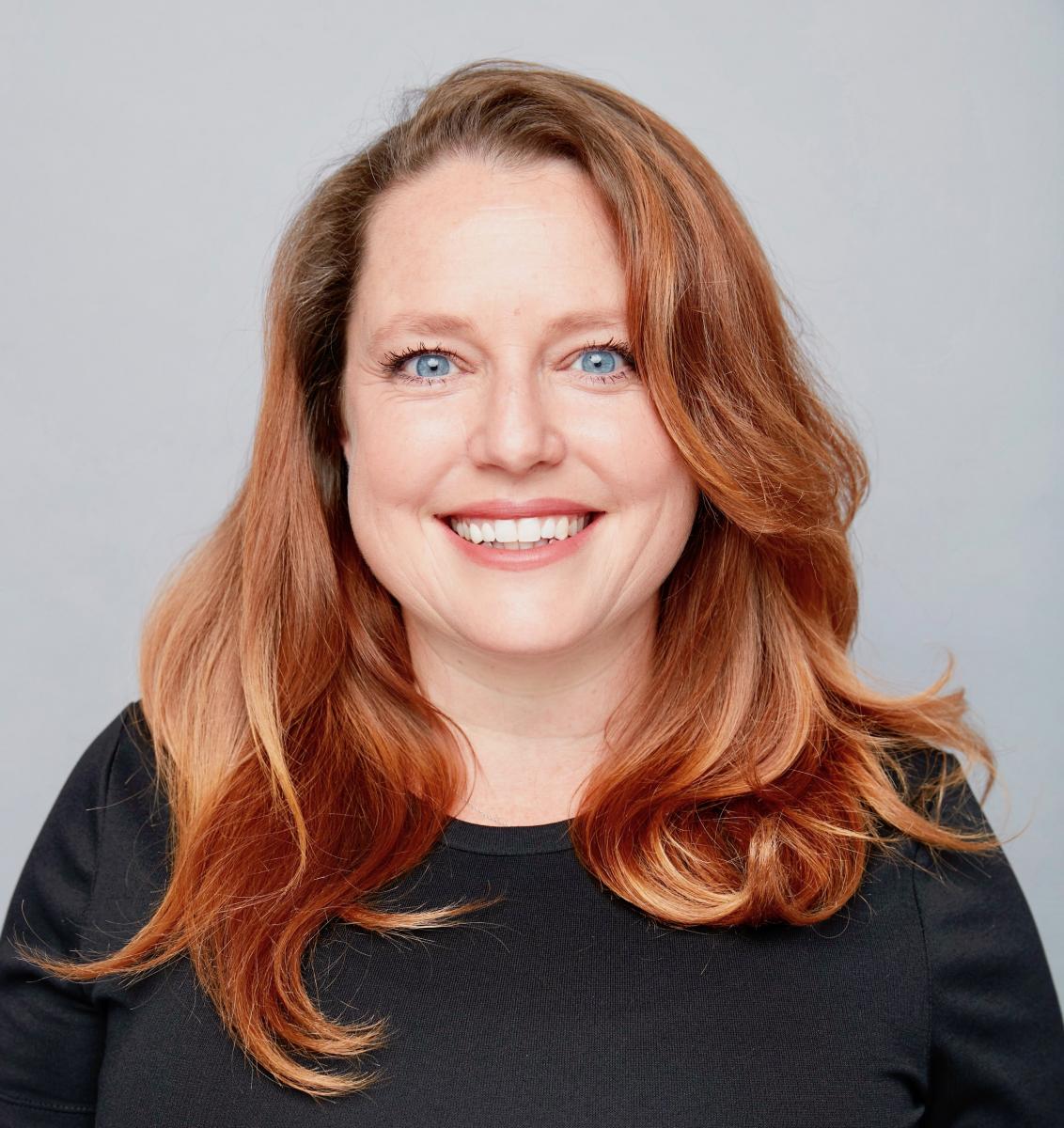What's wrong with LA's internet?
Monday, October 31, 2022
Digital Beat
What's wrong with LA's internet?

Over the last two years, in California and across the country, billions of public dollars have been allocated to end the digital divide. The Digital Equity LA coalition, supported by the California Community Foundation (CCF) Digital Equity Initiative, has mobilized to ensure these investments are directed to the communities that need them most—those that have been historically marginalized and are disproportionately disconnected—and deployed in support of the most effective long-term solutions.
Low-income households, people of color, and immigrants are significantly more likely to be stranded on the wrong side of the digital divide than people living in wealthy, white neighborhoods. The most common reason disconnected people report for not having a fast and reliable connection is affordability; the price is too high, or the service they can afford isn’t fast or reliable enough to justify the expense.
Digital Equity LA and the CCF Digital Equity Initiative set out in Slower and More Expensive: Sounding the Alarm - Disparities in Advertised Prices for Fast, Reliable Broadband to document what people are being asked to pay for home internet in diverse neighborhoods across Los Angeles County. The findings of the research echo concurrent national research released by The Markup: low-income communities and communities of color routinely are advertised internet service at higher prices and slower speeds than whiter and wealthier neighbors. These findings are sobering, raising significant red flags about the potential efficacy of current interventions to close the digital divide.
Slower and More Expensive: Internet Pricing Disparities Report is action-driven research intended to lift up the experience of those most affected by inequitable access to broadband. It represents a snapshot documenting the prices on offer to residents of diverse neighborhoods across Los Angeles County.
This community-led and community-driven effort is intended to shine a light on what is a well-known reality on the ground, in communities that live the consequences of historic and persistent underinvestment and disinvestment: systemic discrimination is incessant, underinvestigated, and too rarely addressed head-on.
The report raises critical questions, speaking truth to the barriers that continue to limit equitable access to broadband in Los Angeles County.
Pricing information was obtained directly from internet service provider (ISP) websites using residential addresses in each of the neighborhoods examined. The monopoly provider in much of LA County is Charter Communications, operating as Spectrum. According to Charter’s filings with the California Public Utilities Commission (CPUC), it serves approximately 97% of households in the county. The next largest provider, Frontier, serves 21%. Therefore, most of the pricing data included in this research is for Charter Spectrum service.
Here are our main findings:
- Published pricing for Charter Spectrum service shows a clear and consistent pattern of the provider reserving its best offers—high speed at low cost—for the wealthiest neighborhoods in LA County.
- People who live in higher poverty neighborhoods are not only routinely offered slower service at higher prices, but are offered contracts with worse terms and conditions. For example, Charter Spectrum’s promotional offers - guaranteeing a period of time before prices will increase - are for two years in wealthy communities, but for just one year in high-poverty communities.
- Charter Spectrum's low-cost plans are not consistently advertised to households in high-poverty neighborhoods.
In light of this research, Digital Equity LA and CCF call on leaders in Los Angeles County, cities across the county, the CPUC, and the California legislature to:
- Investigate these findings of potentially discriminatory disparities in advertised pricing for fast and reliable internet service and their implications for closing the digital divide. Data points from 165 households across the county illuminate a very clear and disturbing pattern of pricing practices on the part of the internet service provider that holds a near-monopoly on fixed residential internet service in Los Angeles County.
- Make equal access the policy of the State of California. California legislators should consider a proposal to make equal access state policy—and giving the CPUC the tools it needs to enforce it.
- Build equal access into state, county, and local procurement policy. Incumbent ISPs contract with state, county, and local government agencies for tens if not hundreds of millions of dollars every year. Those contracts should include enforceable commitments to equitable service delivery within the jurisdiction, ensuring public dollars are not spent in service of undermining equity and thereby exacerbating the digital divide.
- Support independent, community-driven options for internet service. Public open-access networks and publicly-driven public-private partnerships, operated for the benefit of our communities and accountable to residents, are proven alternatives that deliver faster, more reliable, and more affordable internet to communities around the country.
There are billions of public dollars in one-time infrastructure dollars at stake, in addition to billions of public dollars in subsidies intended to close the digital divide for good. Pricing practices like those documented in Slower and More Expensive and The Markup must be investigated and addressed to ensure those billions are effectively deployed.
Shayna Englin is the CEO of 42 Comms, a strategic advisory firm, and is the Director of the Digital Equity Initiative at the California Community Foundation.
The Benton Institute for Broadband & Society is a non-profit organization dedicated to ensuring that all people in the U.S. have access to competitive, High-Performance Broadband regardless of where they live or who they are. We believe communication policy - rooted in the values of access, equity, and diversity - has the power to deliver new opportunities and strengthen communities.
© Benton Institute for Broadband & Society 2022. Redistribution of this email publication - both internally and externally - is encouraged if it includes this copyright statement.
For subscribe/unsubscribe info, please email headlinesATbentonDOTorg






